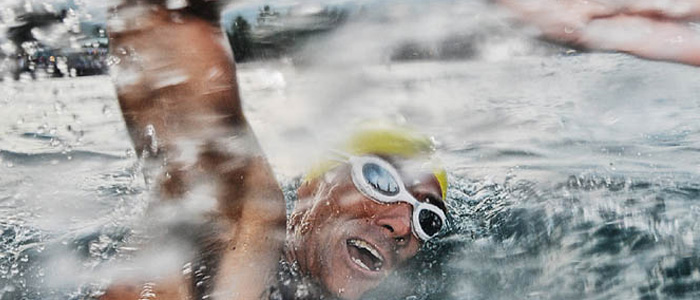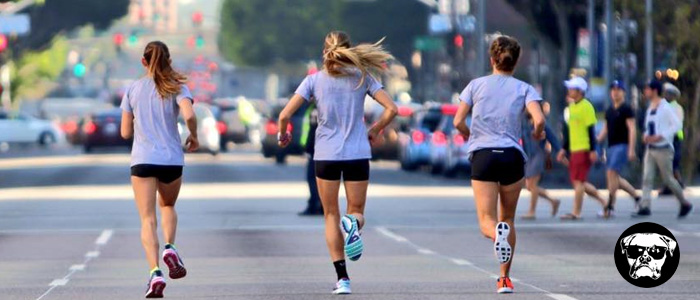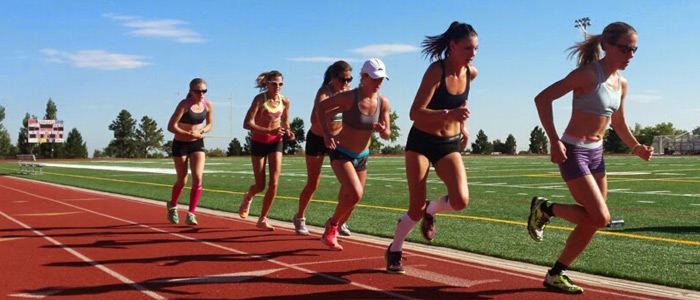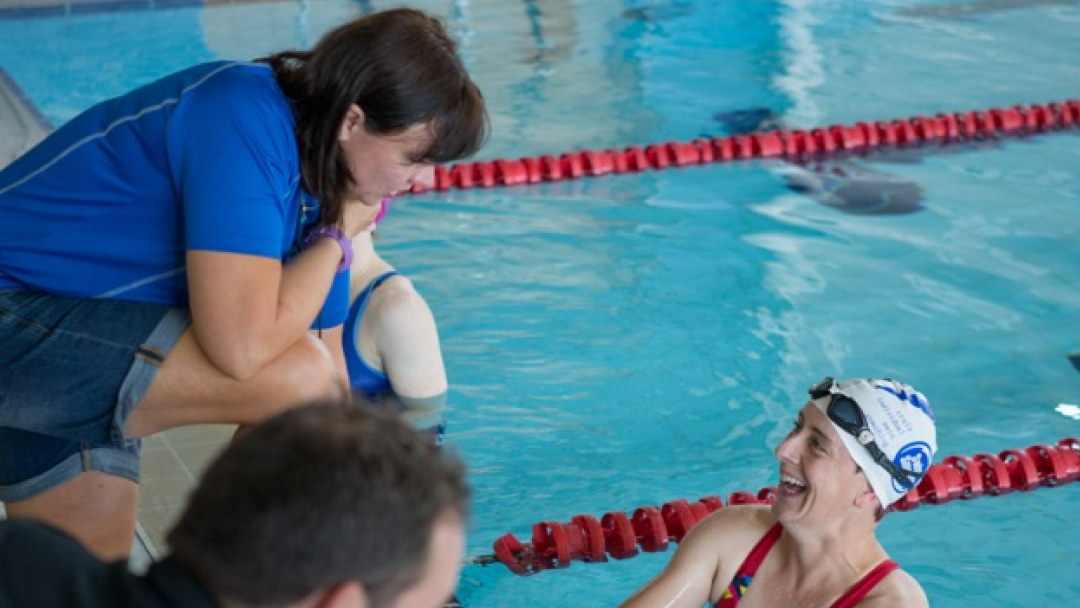On the cusp of my 50th birthday, this is a great time to reflect back on my athletic career, which began at the ripe old age of five. Literally thrown into the deep end of the pool to follow my older siblings into the sport of swimming, my parents held no aspirations for me beyond learning how to save myself should I ever fall into a body of water deeper than I was tall.
I did end up sticking with swimming, and turned into a nationally-ranked swimmer from age eight through my collegiate career. I parlayed that into an 8-year career as a pro triathlete, focusing on the Olympic Distance and finishing with a best ranking of top American/6th overall in the ITU World Cup Series. Along the way, I won more than a dozen races, and placed 4th, 3rd and 5th respectively at the World Sprint Championships, Pan Am Games and Goodwill Games. Currently, I compete as a Masters cyclist. Results include multiple state champion titles as well as 5th at the National Hill Climb champs.
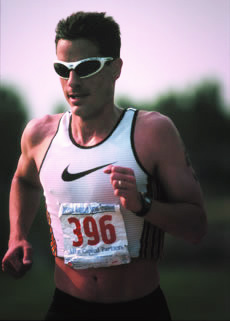 The older I get, the more tricks I try to hold on to the power, speed and vitality of my youth. While I still feel like I’m a young buck, there are chinks in the armor which prove otherwise. Volume is not an issue, but I am unable to train as intensely as I used to. I can pump out the watts, just on a less frequent basis. The body needs more TLC between hard workouts now than even five years ago.
The older I get, the more tricks I try to hold on to the power, speed and vitality of my youth. While I still feel like I’m a young buck, there are chinks in the armor which prove otherwise. Volume is not an issue, but I am unable to train as intensely as I used to. I can pump out the watts, just on a less frequent basis. The body needs more TLC between hard workouts now than even five years ago.
I’ve also realized the growing importance of strength work. Every year I hit the weight room, but invariably I cast the strength work aside anywhere from January to March. This year was the first year where I remained dedicated to it without stopping. And it made a difference.
I learned a lot this year. The main thing is this: Be disciplined enough to pull back and insert more rest and recovery. Through much of the Fall/Winter, I only biked four days per week. I lifted weights three days per week religiously. I cut back on the number of long weekend rides and complemented them with a second interval session instead. Week-to-week, I felt great. Rarely did I have a bad day of training and the upshot was that I could spread my recovery weeks farther apart, thus creating periods of more load before needing to back it off.
The proof of this approach came in the annual kick-off to the Colorado cycling season, the Frostbite TT the first weekend in March. In 2017, I won the Masters race but was nearly two minutes off the overall winners time. In 2018, I again won the Masters race, was 80 seconds faster than the previous year and finished only a handful of seconds behind the overall winner with the second-fastest time of the day. My power was higher and I just felt really solid.
Whether it is myself or the older athletes I train, I’m not convinced that the sharp decline starts to occur once we hit age 40. Or even age 50. We are part of a generation that will be proving 60 is the new 40. What is critical as we age is to continue challenging ourselves, to not slow down. It is imperative that we consistently work on sprinting, and VO2max and threshold intervals should be part of the training diet year round. Strength training will help you retain muscle mass, and ensure your bones and connective tissue remain strong as well. Most importantly, discipline with deliberate rest and recovery days will accelerate your recovery between workouts so that you can press hard when you need to. Think of your workouts as an EKG readout – you need the peaks (hard workouts) and valleys between them (rest and recovery), because the alternative is a flat line. And nobody wants that!
Getting older does not have to equate to being slower. As you think about your own training plan, identify ways you can do things differently and more effectively. Worry less about the vanity metrics – how many hours you put in, how many vertical feet you climbed, how many hard intervals you did, and so on – and instead focus on what will allow you to squeeze more out of what you do choose to do. I can just about guarantee your results will improve with a refreshed approach and mindset.


